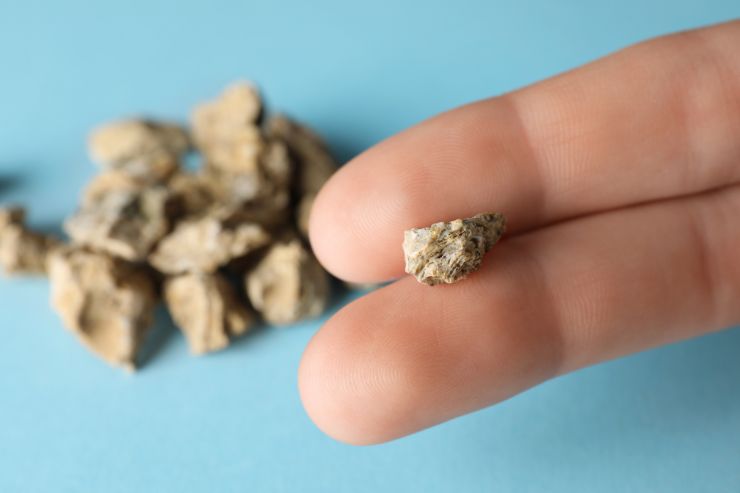
Shri Balaji Diagnostic is a premier healthcare facility offering comprehensive services for the prevention and management of kidney stones. Kidney stones are hard deposits of minerals and salts that form in the kidneys, causing severe pain and potential complications if not treated effectively. Shri Balaji Diagnostic emphasizes preventive care to reduce the recurrence of kidney stones and provides state-of-the-art treatment options, including specialized surgeries. Here’s a detailed overview of the kidney stone prevention services and common surgeries offered at the facility
Comprehensive Evaluation and Risk Assessment
Nutritional Counseling
Medical Management
Education and Lifestyle Changes
Regular Screening
Shri Balaji Kidney Care hosts top-notch nephrologists and pathologists to deliver expert care. Our state-of-the-art facility offers advanced diagnostics and specialized treatments to ensure your optimal health. Trust our dedicated team to provide personalized, compassionate care for all your medical needs.